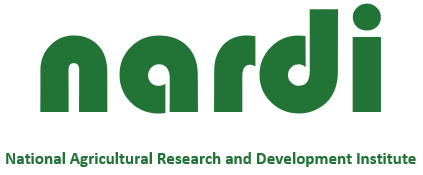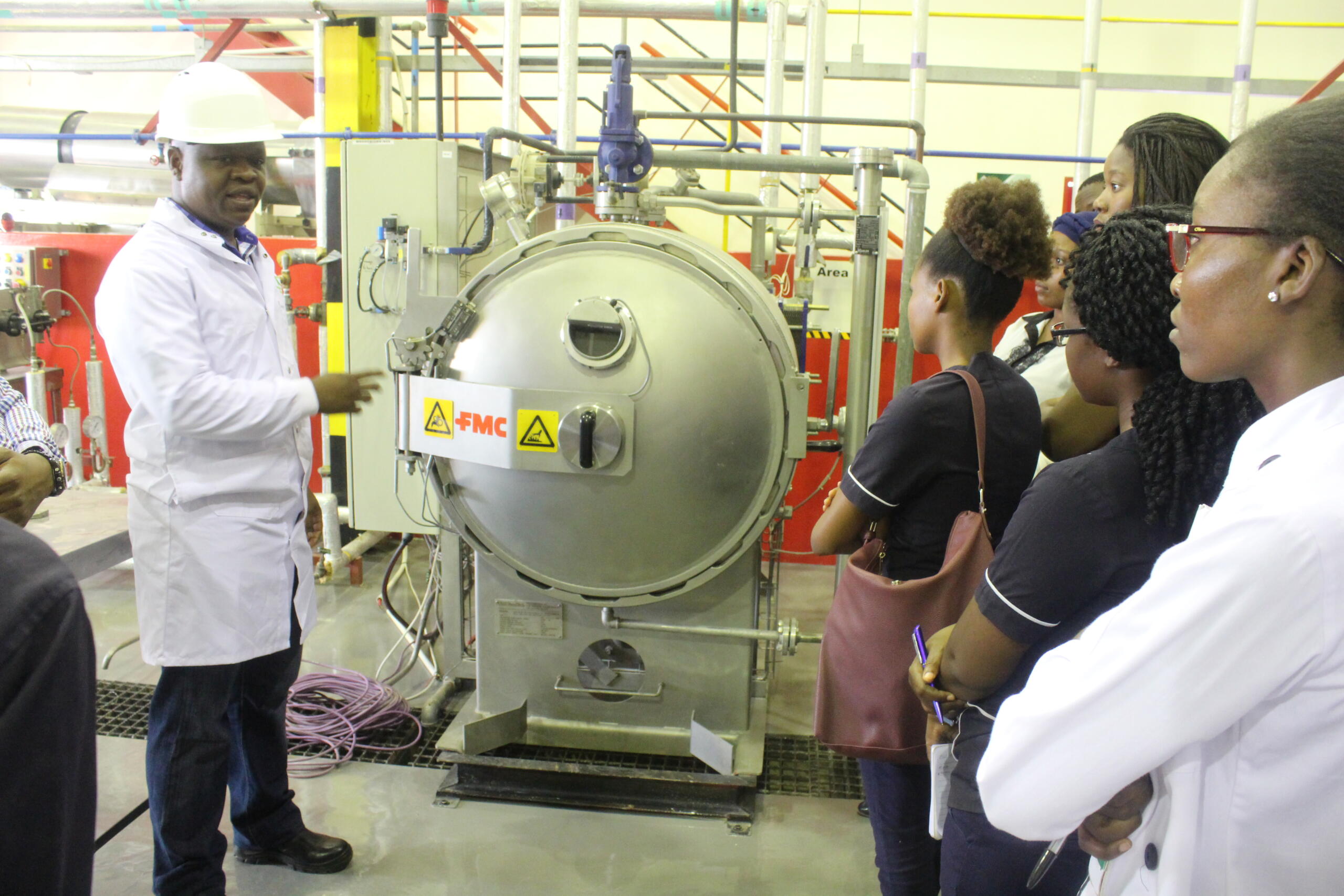This department will be conducting needs-driven research that improves food and nutrition security as well as increase knowledge and Intellectual Property through food product and process development, and competitive commercialisable technologies. Specifically, the department will be developing needs-driven and commercialisable food production technologies, international food diagnostic methods that promote food safety, and agro-and food value addition to promote health and nutrition. The department will establish three key programmes to drive its mandate, and these are;
3.1 FOOD PROCESSING AND INDUSTRY SUPPORT PROGRAMME
The Food Processing and Industry Support Programme will host projects and activities in product and process development, Sensory Science, Bio-economy of food products, as well as developing technology platforms, which will be transferred to entrepreneurs to produce commercialisable food products.
Customised agro/food-processing systems and technology packages will be a major performance target for the Food Processing and Industry Support Programme, because the programme has to yield needs-driven technologies for the food industry that will equip food entrepreneurs with skills and tools for value addition and food processing to produce competitive food products that substitute food imports, supporting privatisation and creation of jobs in the country.
As a start NARDI will work with the Botswana Meat Commission to diversify value-added meat products to increase the offtake of cattle and facilitate increased meat exports. In partnership with Lobu Farm, NARDI will also take part in quality enhancement and value-addition of small-stock meat.
Another key activity for the programme will be the introduction of new horticultural products for market testing at the National Agro-Processing (NAPro) plant in Selebi-Phikwe. Some of such products would be citrus value-added products (juice, jams, natural flavourants, floral water and thickening agents) produced from lower grades produce coming from the national flagship citrus farm, Selebi-Phikwe Citrus.
3.2 FOOD SAFETY AND QUALITY PROGRAMME
The Food Safety and Quality Programme will focus on the development and/or adoption of food safety management protocols for factories and food preparation areas, and the standardisation of international methods of analysis for major global food concerns such as contaminants, adulterants, pesticides, mycotoxins, heavy metals, toxins, antimicrobial resistance and emerging pathogens as they arise. It will also lead in building quality standards required by target consumer markets into client products.
The programme is expected to deliver standardised methods of analysis as required by NARDI customers and the consumer market to ensure safe food products and facilitate market entry.
3.3 FOOD INNOVATION; HEALTH AND NUTRITION PROGRAMME
Consumer trends define some of the food product designs in the market. The Food Innovation, Health and Nutrition Programme will be concerned with ensuring that NARDI stays abreast with the latest food innovations and ensures that the product and process development projects take into consideration the health aspects associated and expected from food products, as well as taking into consideration the nutritional requirements of age groups (e.g. children, youth and elderly), health-conscious groups and groups of people with specific nutritional requirements (e.g. fat-free food products). To this end, the programme will produce protocols that verify the healthfulness of NARDI products and process technologies, which can support the health claims of our products and processes. Projects already lined up under this programme include the development and optimisation of products derived from kgengwe (Citrullus lanatus), lengana (Artemisia afra), essential oils from different indigenous sources, and others. It will ensure that products and process technologies are nutritionally-sound.


